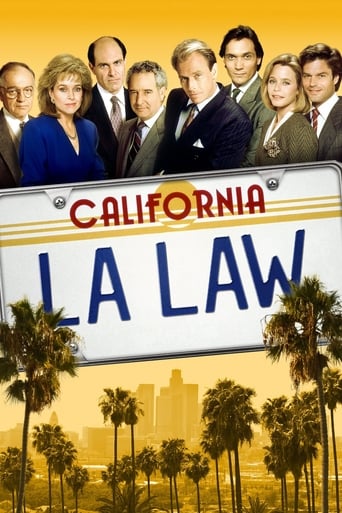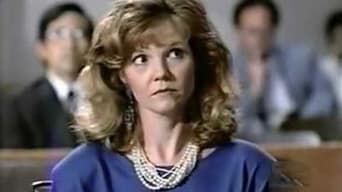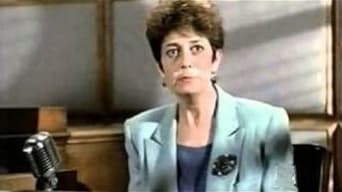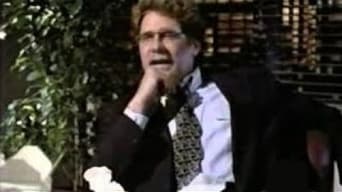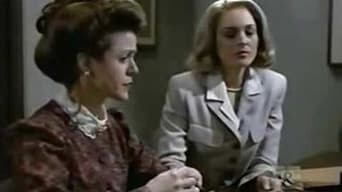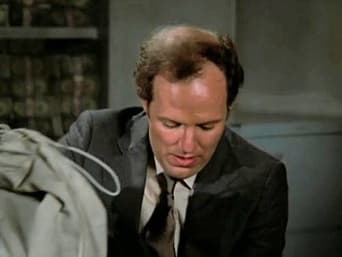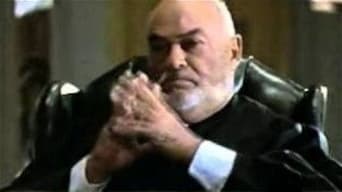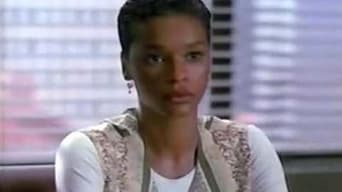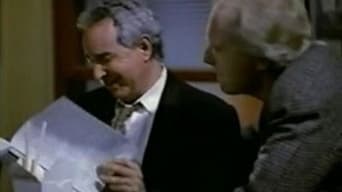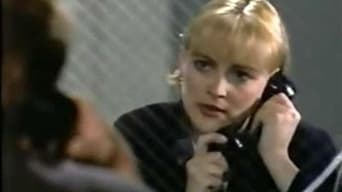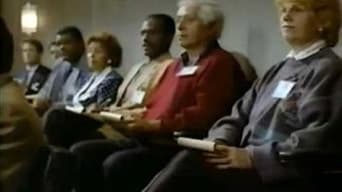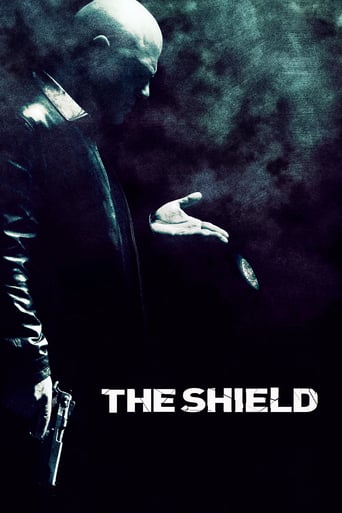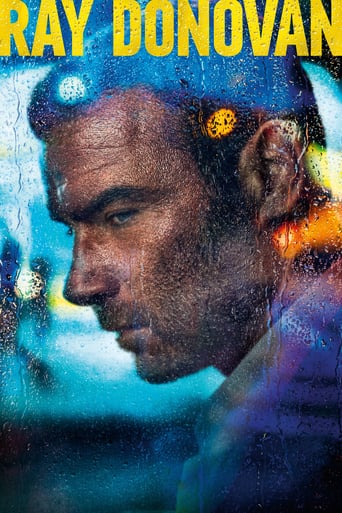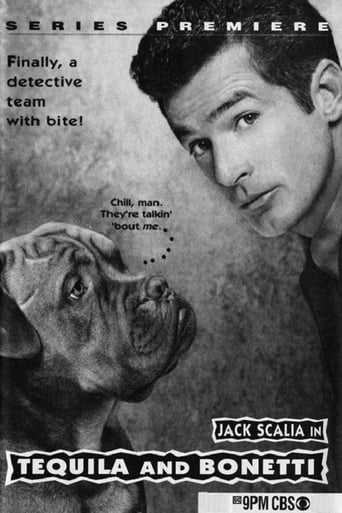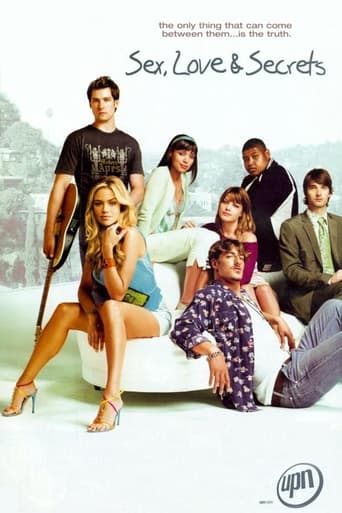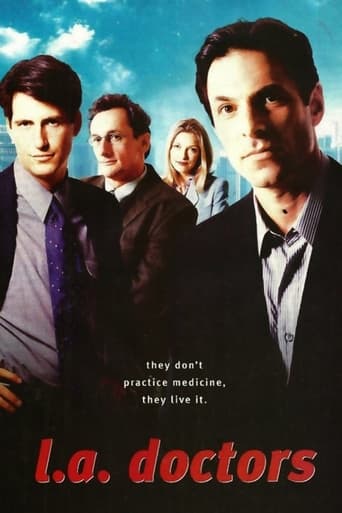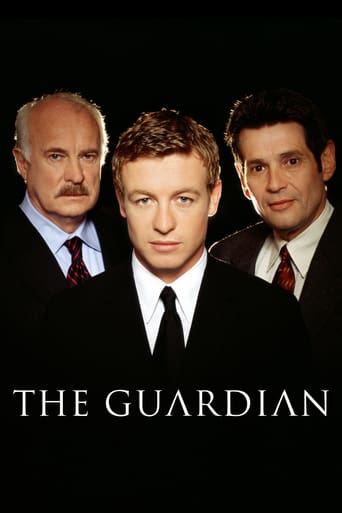L.A. Law (1986)
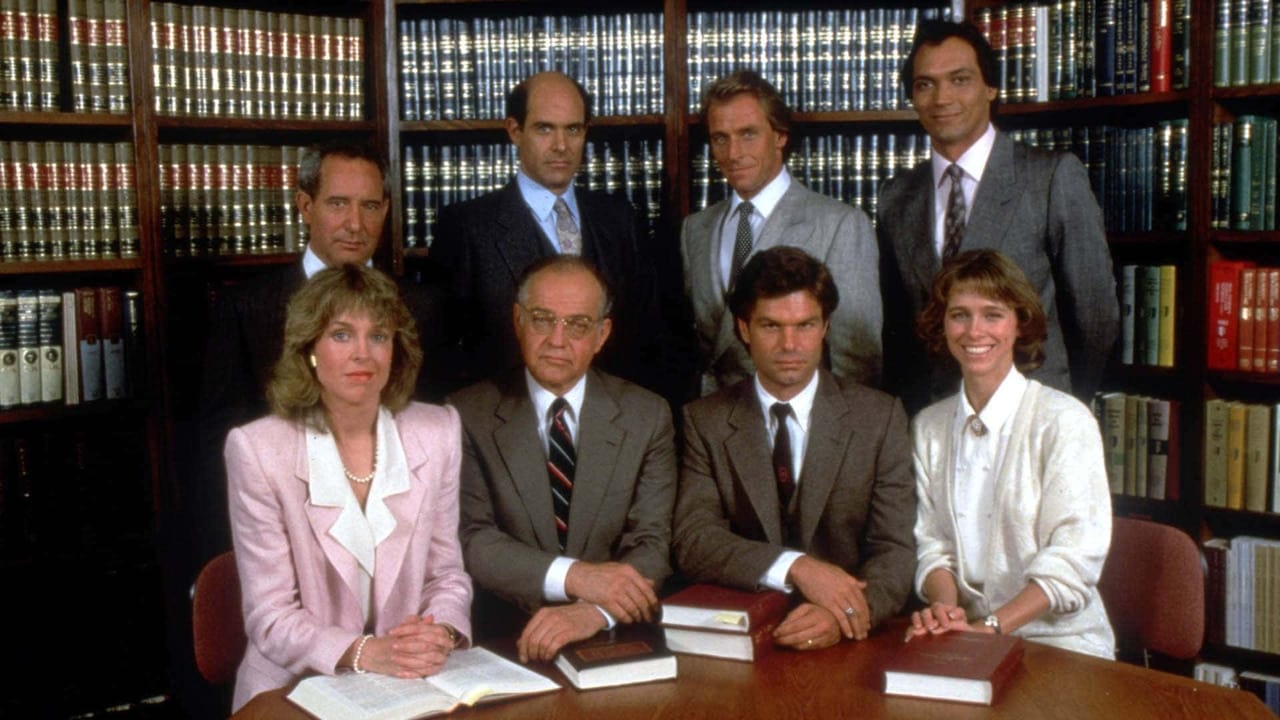
L.A. Law is an American television legal drama series that ran for eight seasons on NBC from September 15, 1986, to May 19, 1994. Created by Steven Bochco and Terry Louise Fisher, it contained many of Bochco's trademark features including a large number of parallel storylines, social drama and off-the-wall humor. It reflected the social and cultural ideologies of the 1980s and early 1990s, and many of the cases featured on the show dealt with hot-topic issues such as abortion, racism, gay rights, homophobia, sexual harassment, AIDS, and domestic violence. The series often also reflected social tensions between the wealthy senior lawyer protagonists and their less well-paid junior staff. The show was popular with audiences and critics, and won 15 Emmy Awards throughout its run, four of which were for Outstanding Drama Series.
Watch NowL.A. Law
1986



L.A. Law is an American television legal drama series that ran for eight seasons on NBC from September 15, 1986, to May 19, 1994. Created by Steven Bochco and Terry Louise Fisher, it contained many of Bochco's trademark features including a large number of parallel storylines, social drama and off-the-wall humor. It reflected the social and cultural ideologies of the 1980s and early 1990s, and many of the cases featured on the show dealt with hot-topic issues such as abortion, racism, gay rights, homophobia, sexual harassment, AIDS, and domestic violence. The series often also reflected social tensions between the wealthy senior lawyer protagonists and their less well-paid junior staff. The show was popular with audiences and critics, and won 15 Emmy Awards throughout its run, four of which were for Outstanding Drama Series.
Seasons & Episode

The Sandy Morris murder trial begins where Eli acts on his suspicions and calls the murder victim's husband, Jonah, to the stand. Meanwhile, Becker longs to buy a classic $275,000 Bentley Convertible, a dream that could come true pending the outcome of a messy divorce case involving his latest client, Jessie Wilks, and her wealthy CEO husband. Also, Morales' artistic eye puts him in charge of the office renovation and meets with the attractive renovator, Lauren Chase, to discus the costs.

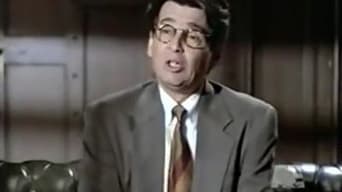
McKenzie urges Eli to join the firm and his restricted men's club; a couple move to sue their travel agent for a nightmare trip; a Chinese financier faces murder charges for the death of an illegal immigrant.

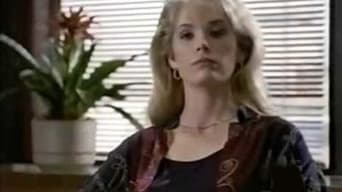
A prostitute brings rape charges against a record executive who claims to have exotic sexual needs; an insecure student sues his voice therapist for fraud; while studying for the California bar exam, Eli contends with the passions of two women.

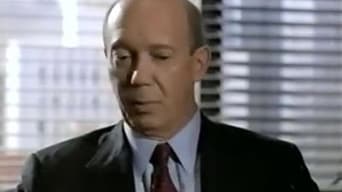
Mamie Van Doren is a guest at the firm's Christmas party; the son of an aging comic believes his father is being exploited by a mistress; Roxanne asks Mullaney to surrender parental rights.

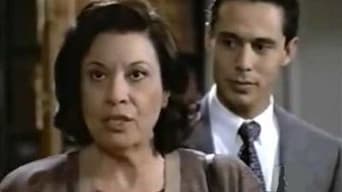
Morales agrees to defend a confused young man who wants to confess to a convenience store robbery, but who may not be guilty. Meanwhile, Kelsey takes a civil case of defending a man accused of sexual fraud because he implied to a woman that he was an undercover cop. Mullaney and Judge Walker face a defense attorney demanding a mistrial in the Turner case because of their developing relationship. Also, Becker ends up getting duped by a phoney come-on by Halliday after he tells her of his divine sight to see the truth.

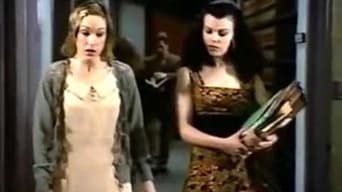
A ballerina sues a dance company for breach of contract; an aging juggler accuses his protégé of stealing his act; and Benny dances around a commitment to Rosalie.

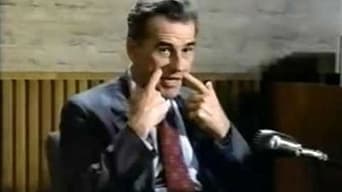
Two mountaineers face charges after resorting to cannibalism; a mathematician adds up the consequences of divorce; and Denise lands in the middle of a father-son feud.

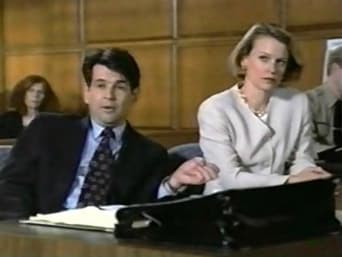
Levinson represents an advertising executive being sued for wrongful termination by a copywriter with whom she had an affair; Brackman is livid when Halliday's advice to a client seeking inner peace in the midst of litigation over earthquake damage ends up costing the firm over half a million dollars in fees; Ianello's earthquake anxiety begins to get the better of her; Morales leaves the firm.


Patrick pulls another fast one; a rumor about Belinda troubles Becker; the owner of a show dog with a litter of mongrels sues her neighbor

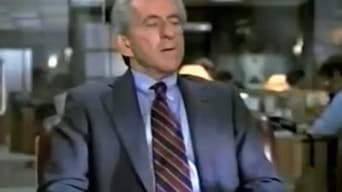
Becker tries to hush up his client's connection to a well-placed madam; an incorrigible teen sues to be released from rehab; Eli goes through a broker to buy a car.

L.A. Law is an American television legal drama series that ran for eight seasons on NBC from September 15, 1986, to May 19, 1994. Created by Steven Bochco and Terry Louise Fisher, it contained many of Bochco's trademark features including a large number of parallel storylines, social drama and off-the-wall humor. It reflected the social and cultural ideologies of the 1980s and early 1990s, and many of the cases featured on the show dealt with hot-topic issues such as abortion, racism, gay rights, homophobia, sexual harassment, AIDS, and domestic violence. The series often also reflected social tensions between the wealthy senior lawyer protagonists and their less well-paid junior staff. The show was popular with audiences and critics, and won 15 Emmy Awards throughout its run, four of which were for Outstanding Drama Series.
Watch Trailer
Free Trial Channels


